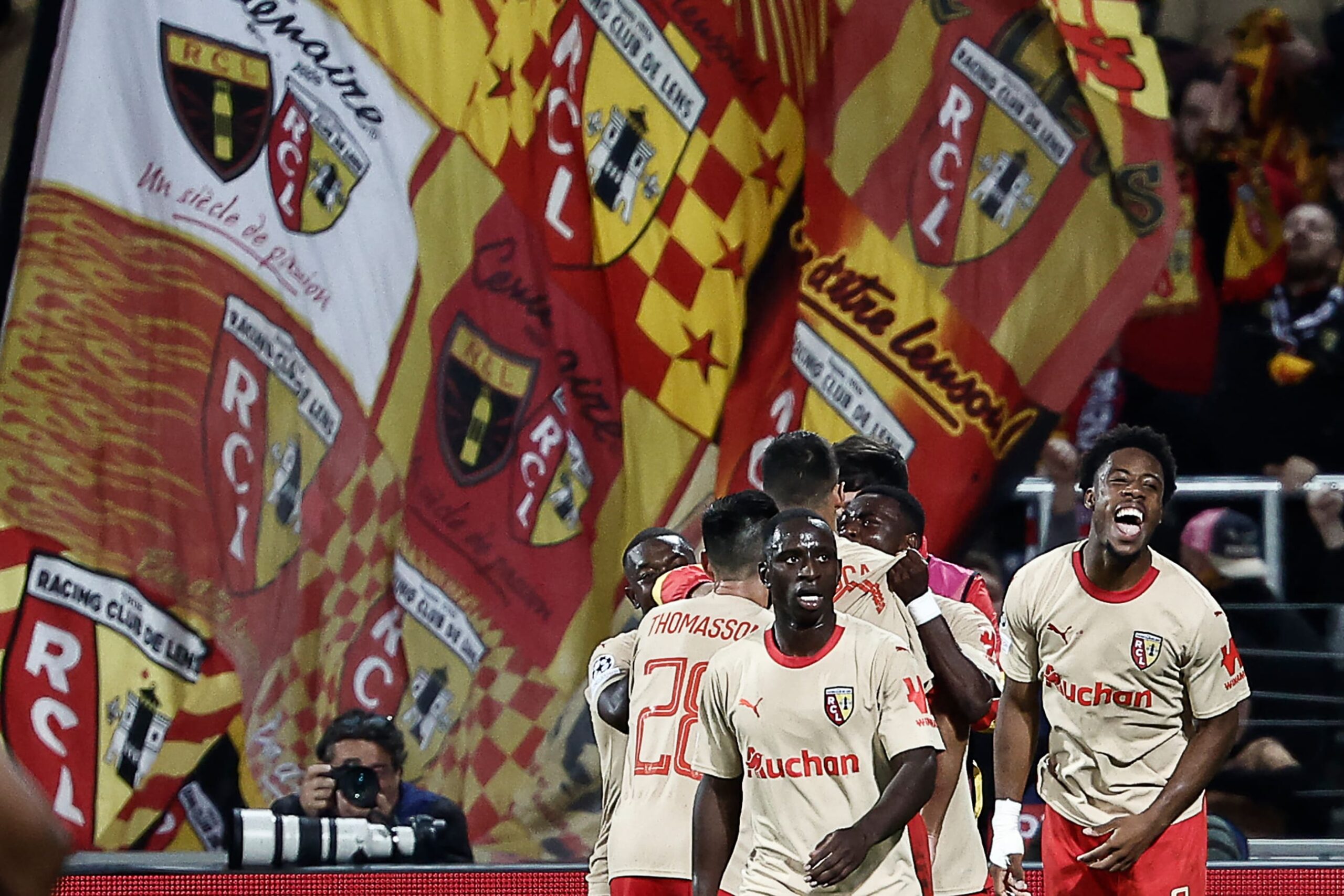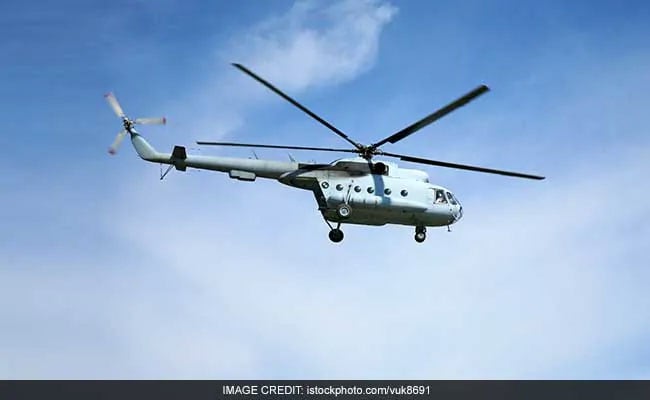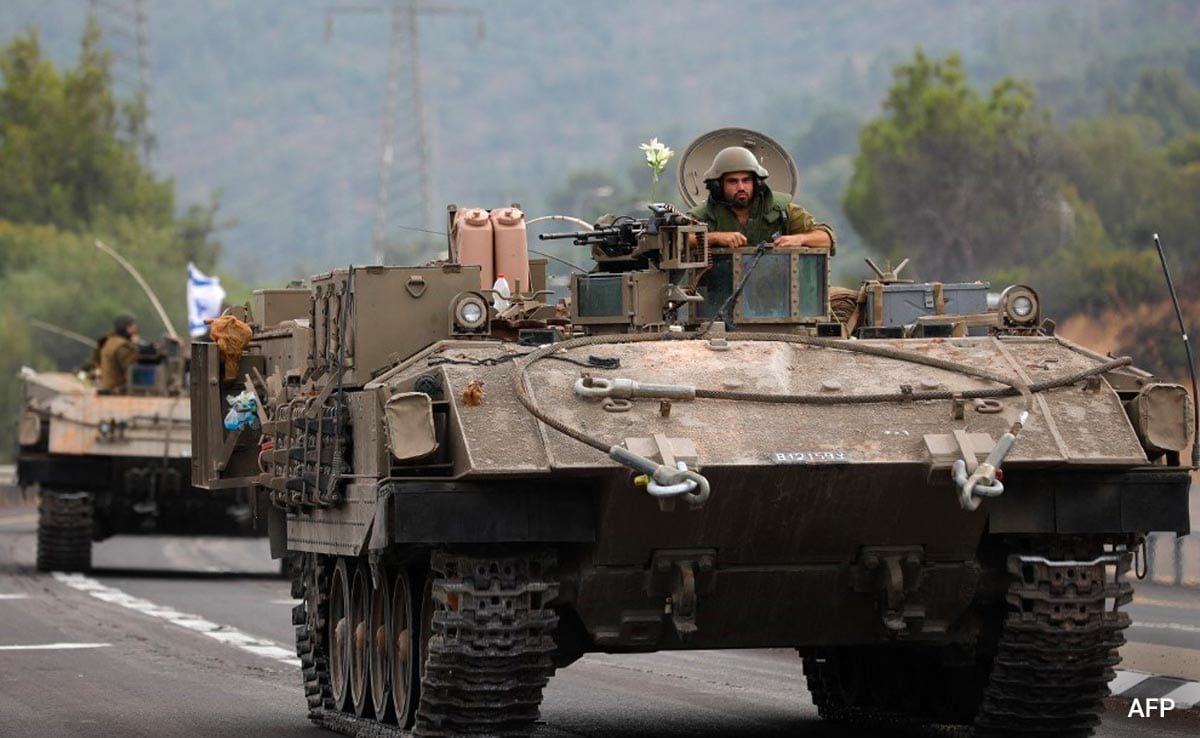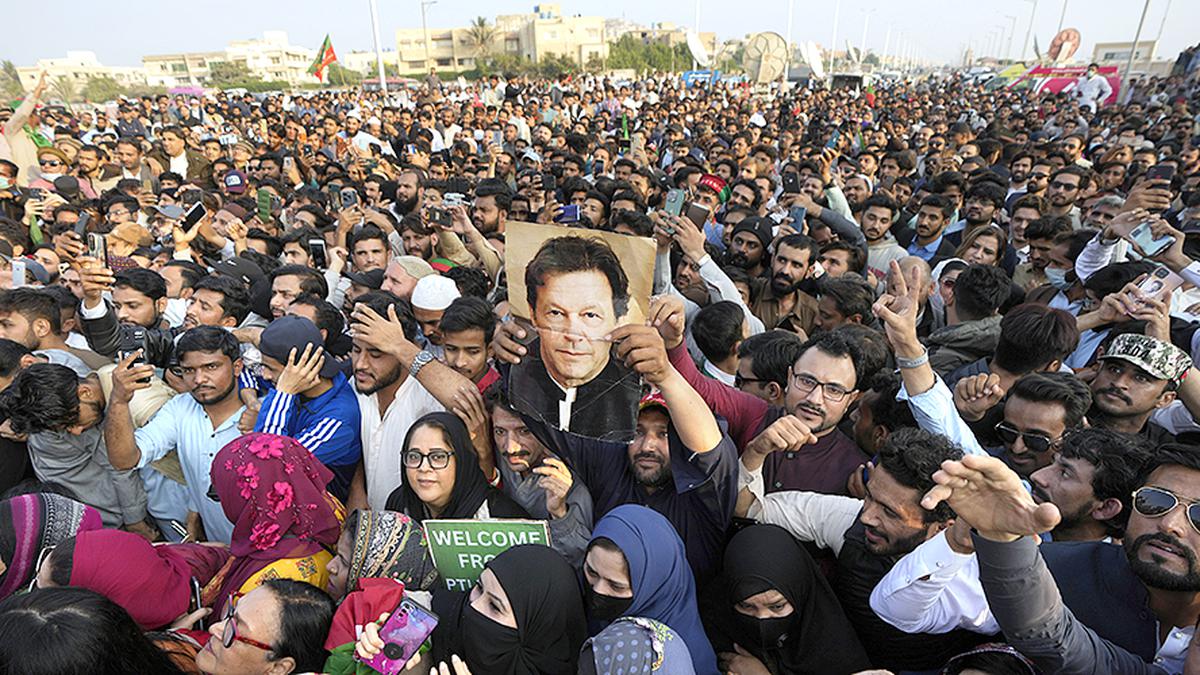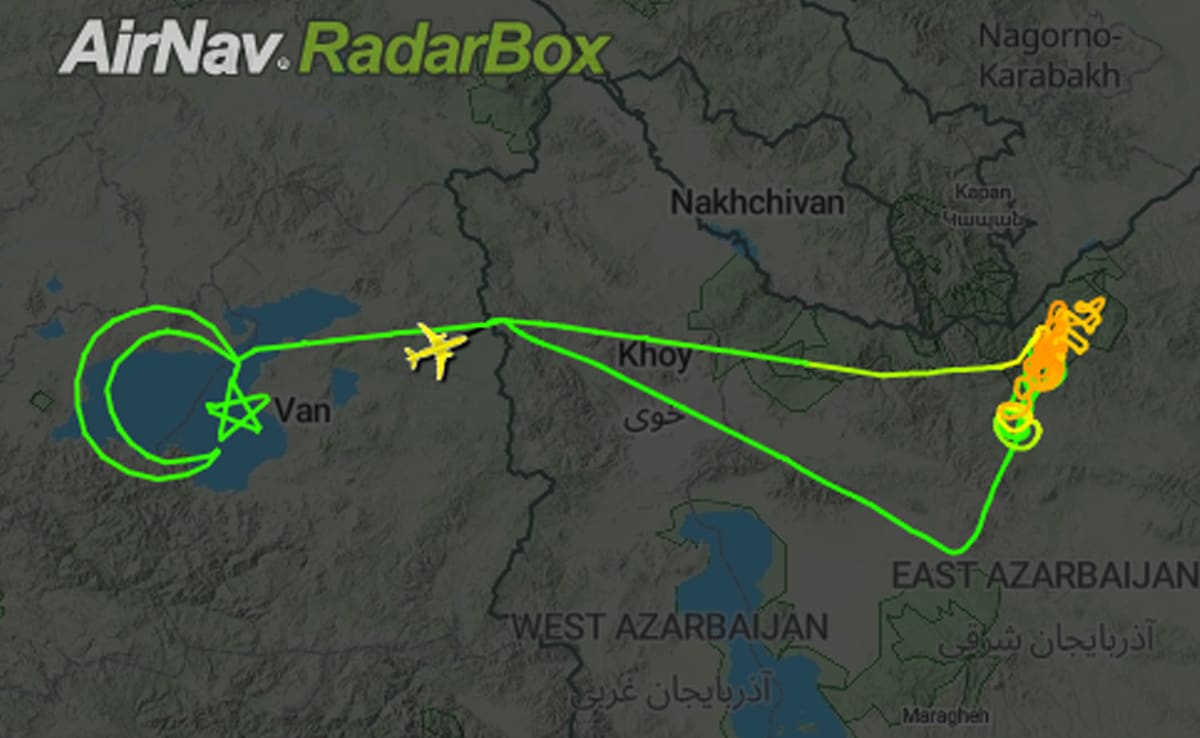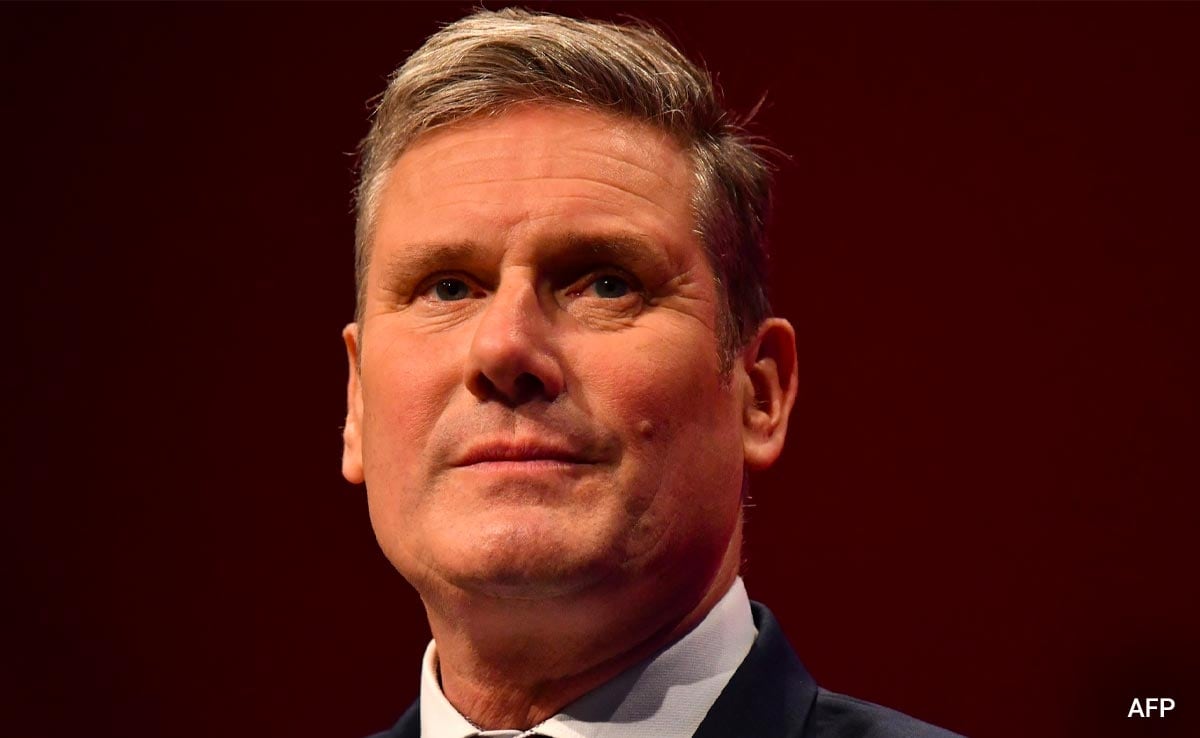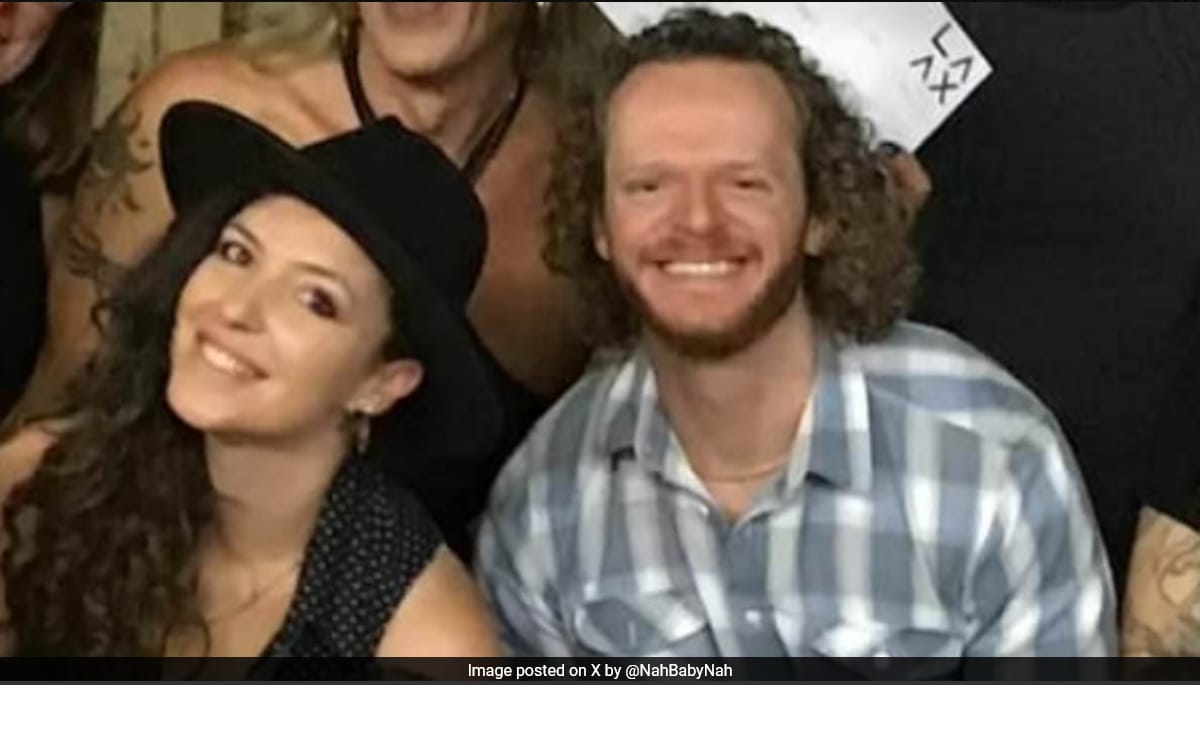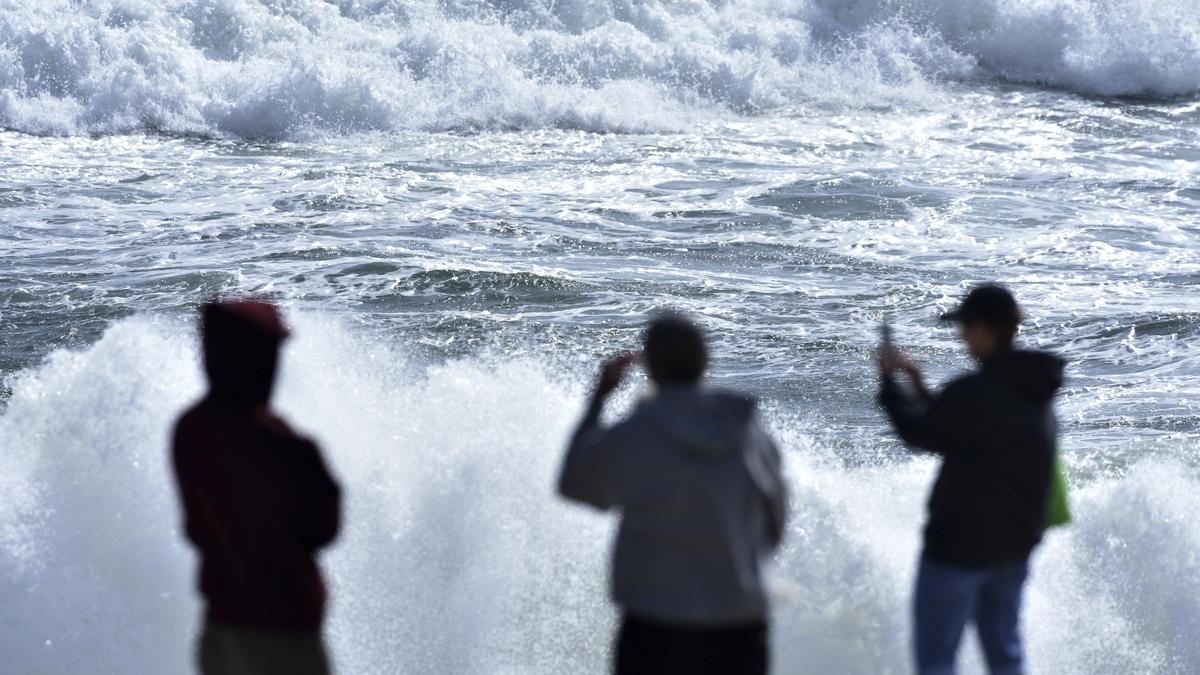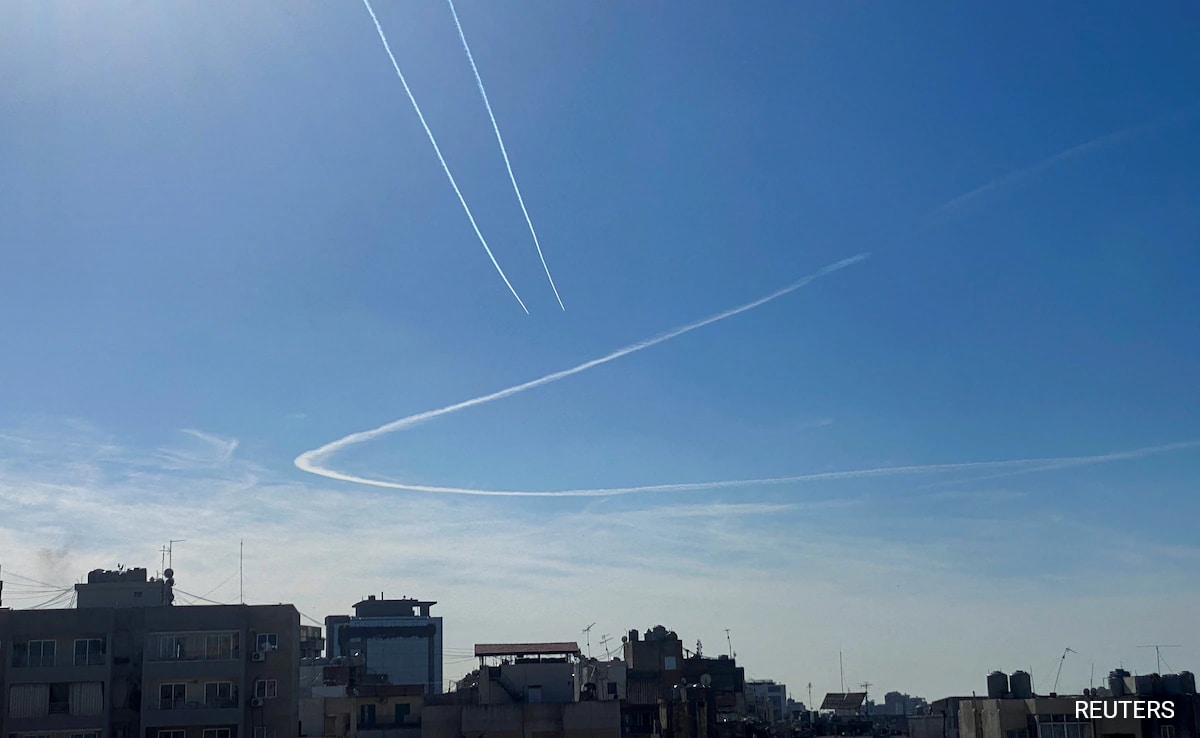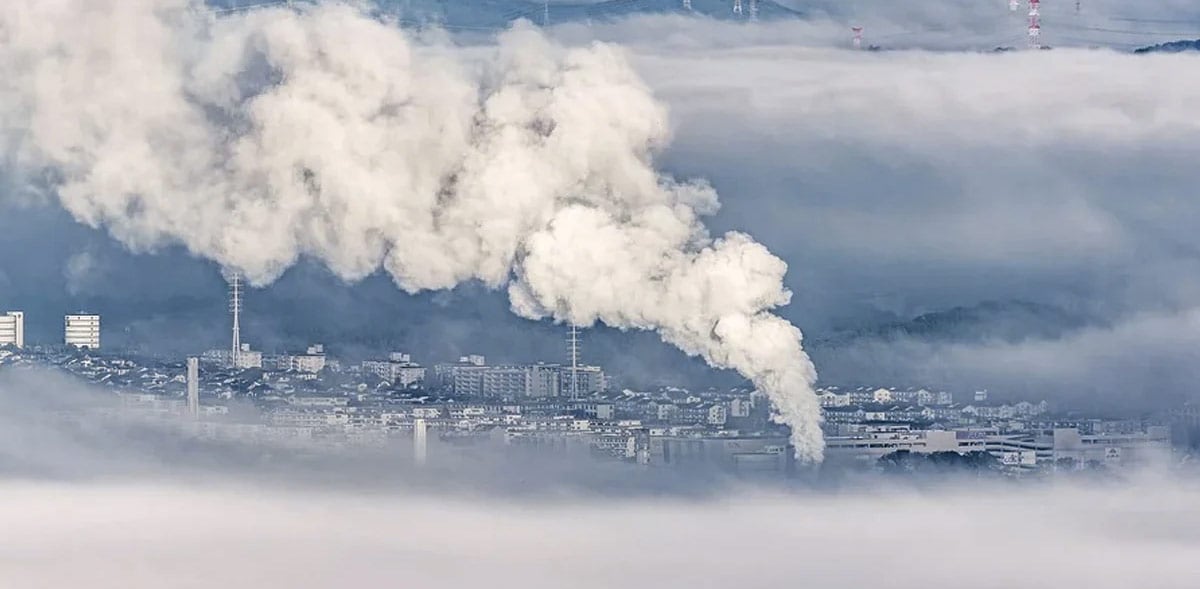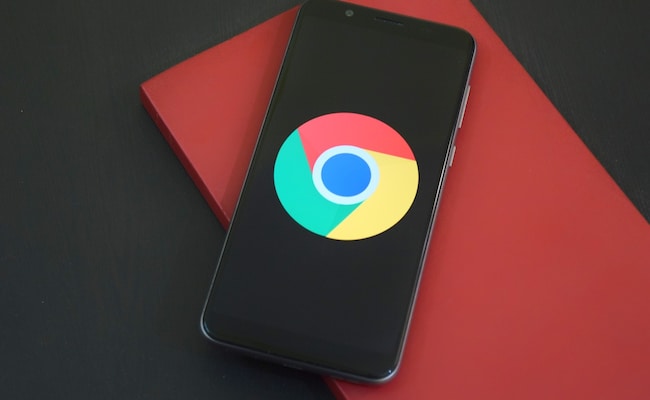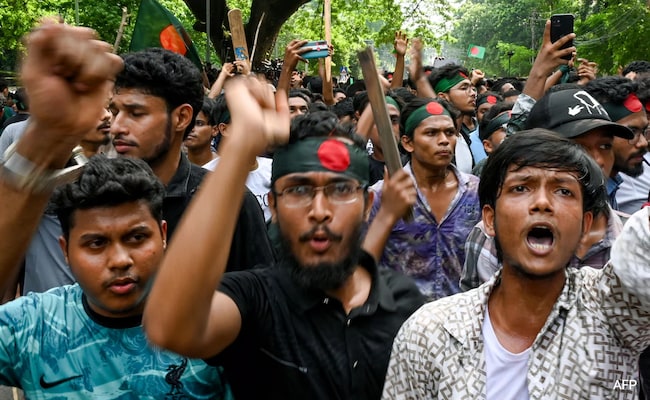The story so far: Pakistan’s government, on July 15, announced its plan to ban Pakistan Tehreek-e-Insaf (PTI), the party of former Prime Minister Imran Khan, for alleged anti-state activities. The 71-year-old cricketer-turned-politician, who lost a vote of no-confidence in 2022 and was ousted from his Prime Ministerial post, has been lodged at Adiala Jail in Rawalpindi since August 2023, in connection with various cases.
In a press conference, Information Minister Attaullah Tarar announced, “In view of the foreign funding case, the May 9 riots, and the cypher episode as well as the resolution passed in the U.S., we believe that there is very credible evidence present to have Khan’s party, the Pakistan Tehreek-e-Insaf (PTI), banned”.
He added that the government will file cases against Mr. Khan and former Pakistan president Arif Alvi for treason under Article 6. “Our patience and tolerance are considered as our weaknesses. The PTI and Pakistan cannot co-exist as the government is trying to stabilise the country politically and economically, while efforts are being made to thwart its efforts,” Mr. Tarar said. A petition will be filed for the same in Pakistan’s apex court, he added.
The surprising move comes mere days after a 13-judge bench of the country’s Supreme Court ruled that PTI was eligible for seats reserved for women and minorities in the national and provincial assemblies. PTI had approached the apex court after the Peshwar High Court and the Election Commission of Pakistan (ECP) had disallowed PTI-backed candidates who had won these reserved seats in the elections held in February.
Supporters of former Prime Minister Imran Khan’s party, the Pakistan Tehreek-e-Insaf (PTI), wave flags as they protest demanding free and fair results of the elections, in Peshawar, Pakistan February 17, 2024. REUTERS/Fayaz Aziz
| Photo Credit:
Reuters
The PTI, which had been stripped off its iconic ‘bat’ electoral symbol by the ECP, fielded its candidates as independents in the national elections in February. Of the 272 seats in direct contest, PTI-backed Independents won 92 seats, emerging as the largest bloc, but fell short of a majority. With the SC validation of the PTI winners from reserved seats, the bloc, which has now aligned itself with the Sunni Ittehad Council (SIC,) will be the largest party in the National Assembly with 109 seats.
Here’s a look at why PTI may be banned and what happens next
Why is PTI being banned?
In April 2022, the Opposition coalition led by Pakistan Muslim League-Nawaz (PML-N) and Pakistan People’s Party (PPP) moved a vote of no confidence against Imran Khan in the National Assembly, accusing him of corruption, economic mismanagement, depletion of foreign exchange reserves and soaring inflation. Mr. Khan claimed a “foreign conspiracy” was seeking to oust him due to his “independent foreign policy,” saying that a senior U.S. diplomat was involved in it. Then-Speaker Asad Qaiser called for a vote but then-Deputy Speaker Qasim Suri (who is associated with PTI) dismissed the motion on the day of voting, deeming it unconstitutional.
Fearing a trust vote loss, Mr. Khan advised the then-President Arif Alvi to dissolve the Assembly and prepare for fresh polls. This dissolution was termed unconstitutional by the SC and a 13-hour-long trust vote was held, which culminated in Mr. Khan’s ouster as 174 lawmakers of the 342-member Assembly voted in support of the no-confidence motion. Shehbaz Sharif, leader of the PML-N and brother of former Prime Minister Nawaz Sharif, took over as the Prime Minister.
After Mr. Khan’s ouster, former Pakistani ambassador to the U.S., Asad Majeed, who had authored a cypher sent to Islamabad in 2022, clarified that there was no threat. Mr. Khan had touted this cypher as a base for his claims that a “foreign conspiracy” was trying to topple to his government.
Citing these actions, the current government has decided to move a case against Mr. Khan, Mr. Alvi and Mr. Suri for treason. “You tried to damage the country’s diplomatic relations for the sake of your political interests and went on to get a resolution passed against Pakistan in the U.S,” said Mr. Tarar.
On May 9, 2023, Mr. Khan was arrested in connection with a corruption case while he was appearing in an Islamabad court. His arrest led to deadly riots across Pakistan, with scores of his supporters taking to the streets, vandalising at least a dozen military installations including the ISI building in Faisalabad, and pelting stones at the police. PTI blamed the Pakistan Army for orchestrating his arrest. The Army cracked down heavily on the protestors, arresting them and trying them in military courts.
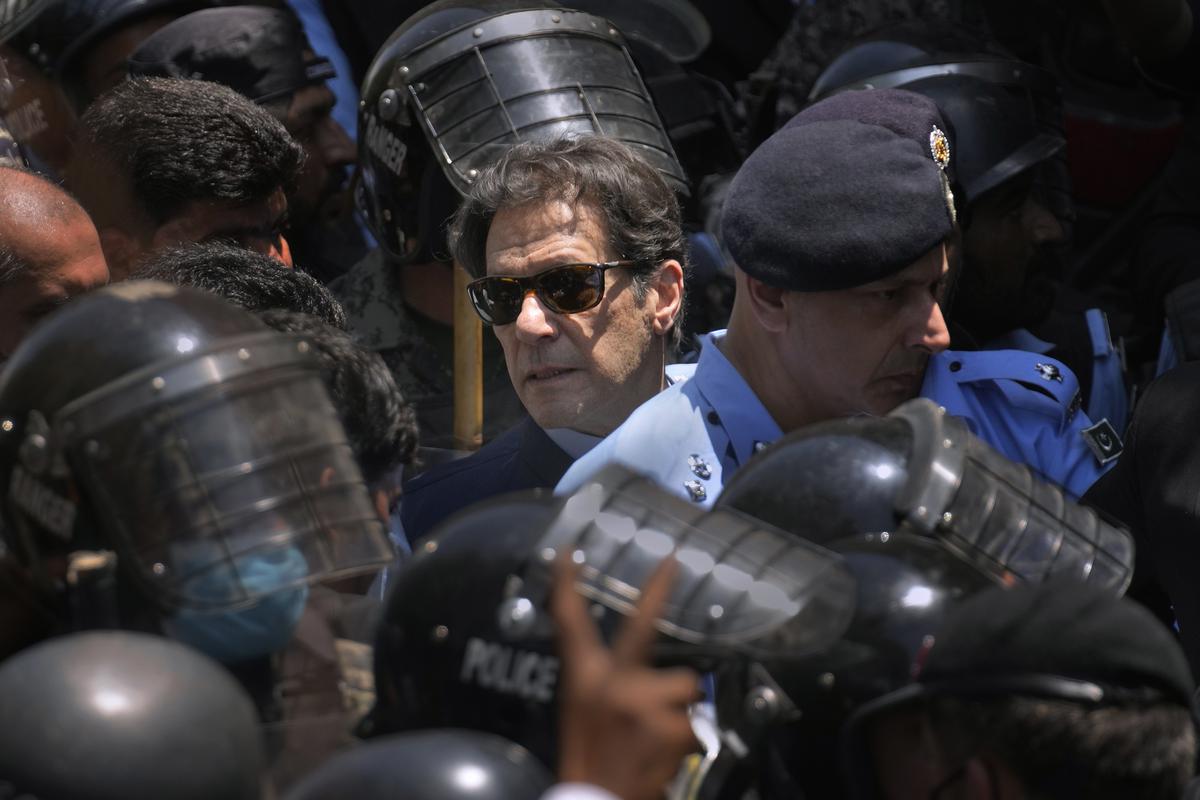
Pakistan’s former Prime Minister Imran Khan, center, is escorted by police officers as he arrives to appear in a court, in Islamabad, Pakistan, Friday, May 12, 2023. A high court in Islamabad has granted Khan a two-week reprieve from arrest in a graft case and granted him bail on the charge.
| Photo Credit:
Anjum Naveed
Meanwhile, the Supreme Court deemed Mr. Khan’s arrest illegal, giving him temporary relief. His reprieve was short-lived, as police arrested Mr. Khan in Lahore after he was sentenced to a three-year jail term for illegally selling state gifts.
Mr. Khan has been also charged for leaking state secrets by publicising the cypher communication between the government and the embassy. In total, Mr. Khan faces a hundred cases; he has been convicted and acquitted in some cases, and been barred from contesting elections for five years.
The current government has used these cases as the bulwark of its decision to ban PTI and charge Mr. Khan and top PTI leaders with treason. It claims that the riots and the attempts by several PTI leaders to sabotage Pakistan’s deal with the International Monetary Fund (IMF), has forced its hand.
What are the reactions?
The decision to ban PTI has been criticised by parties across the political spectrum.
Accusing the government of punishing the PTI for being declared as the largest party in the Assembly, Leader of Opposition Omar Ayub Khan claimed that the government wanted to scare 240 million people through coercion, intimidation and harassment, according to Dawn report.
Asserting that PTI was not one to be intimated, he said that it would not be possible to crush the most popular political party with blind force nor could any positive outcome be expected from it.
Similarly, PPP, a coalition partner of PML-N, has distanced itself from the move, claiming its leadership was not consulted. PPP veteran Mian Raza Rabbani said that the banning of a political party by the government was against all norms of democracy. “Since the country is already facing grave economic and political instability, such a step will add political chaos and bog down the economy,” said Mr. Rabbani in a statement, adding, “The step of banning a political party in Pakistan’s history has always been unsuccessful and been thrown into the dustbin of history.”
Other political parties like Awami National Party, Jamiat Ulema-i-Islam, and Jamaat-i-Islami too have rubbished the move, terming it ‘childish’ and ‘unconstitutional’ and saying that the move will not stand in court. Even the Human Rights Commission of Pakistan has criticised the decision, say that it ‘reeks of political desperation.’
The US State department has maintained that while it opposes such restrictions, the announcement to ban PTI was part of a ‘complex political process,’ reported Dawn. “As those internal processes continue to play out, we will monitor these decisions and any further decisions,” said its spokesperson. India has not yet released any statement on this issue.
Precedent to political parties’ ban in Pakistan
Since its formation in 1947, democracy in Pakistan has been interspersed with Army regimes. However, even when a democratically elected government has been in power, political parties have faced bans, finds an analysis by Dawn.
In 1954, the Communist Party of Pakistan was banned for its alleged involvement in a military coup planned by Major General Akbar Khan to topple the first government in independent Pakistan headed by Liaquat Ali Khan.
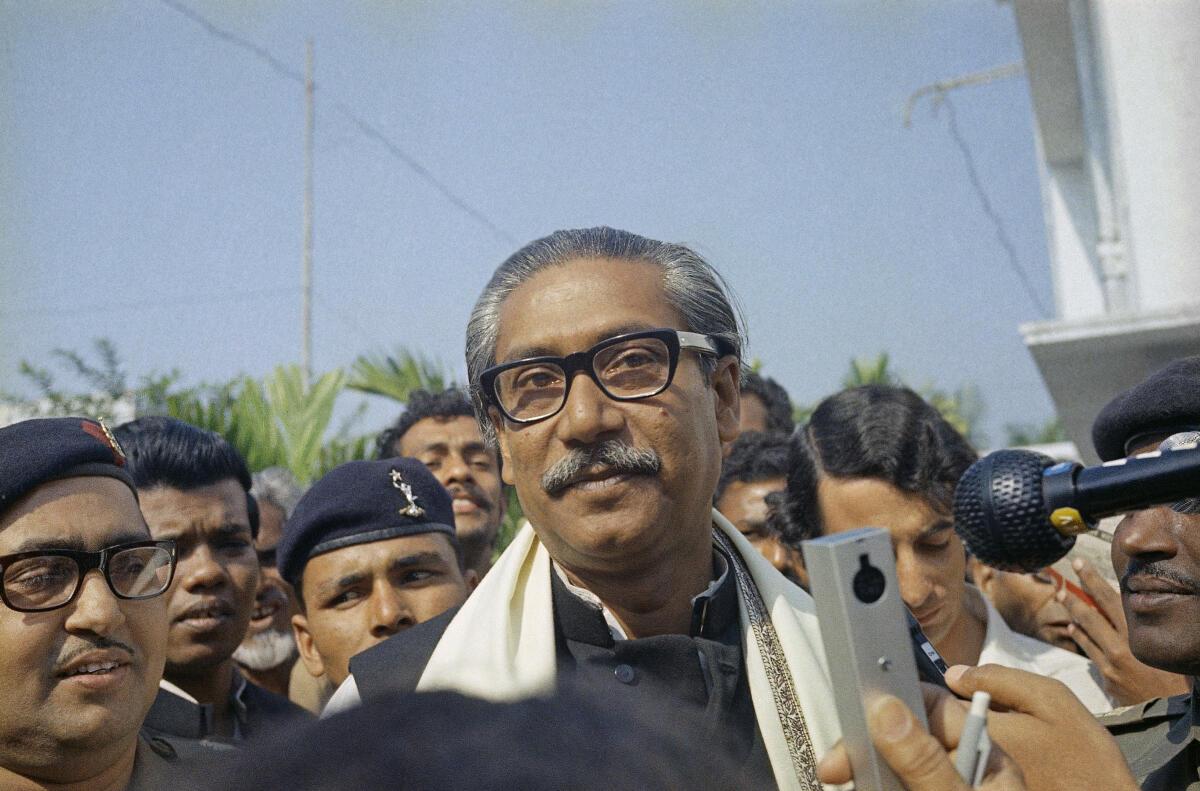
A 1972 file photo of Bangladesh Premier, Sheikh Mujibur Rahman
The Awami League, a breakaway Bengali faction of the All India Muslim League formed in 1954, steadily gained popularity in East Pakistan and swept all but two seats in the 1970 elections. The military government headed by General Yahya Khan banned the party, leading to protests, war, genocide and eventually the birth of Bangladesh.
Two parties — Jeay Sindh Qaumi Mahaz (JSQM) and the Awami National Party — which are still in existence, have seen factions being banned.
The National Awami Party, founded in 1957, first faced a ban in 1958 when General Ayub Khan imposed martial law. Once the ban was lifted in 1962, it splintered into factions, with the NAP-Wali emerging as the biggest one. In 1975, the PPP government led by Zulfikar Ali Bhutto banned the parent party NAP for backing Baloch separatists. Its faction NAP-Wali re-emerged as the Awami National Party (ANP) and is now in alliance with the PPP.
JSQM’s faction led by Abdul Wahid Aresar was banned in 2020 by the Imran Khan government for its alleged links with Sindh separatist militant outfits – Sindhu Desh Revolution Army (SRA) and Sindhu Desh Liberation Army (SLA) – who routinely carried out attacks on military personnel, police etc.
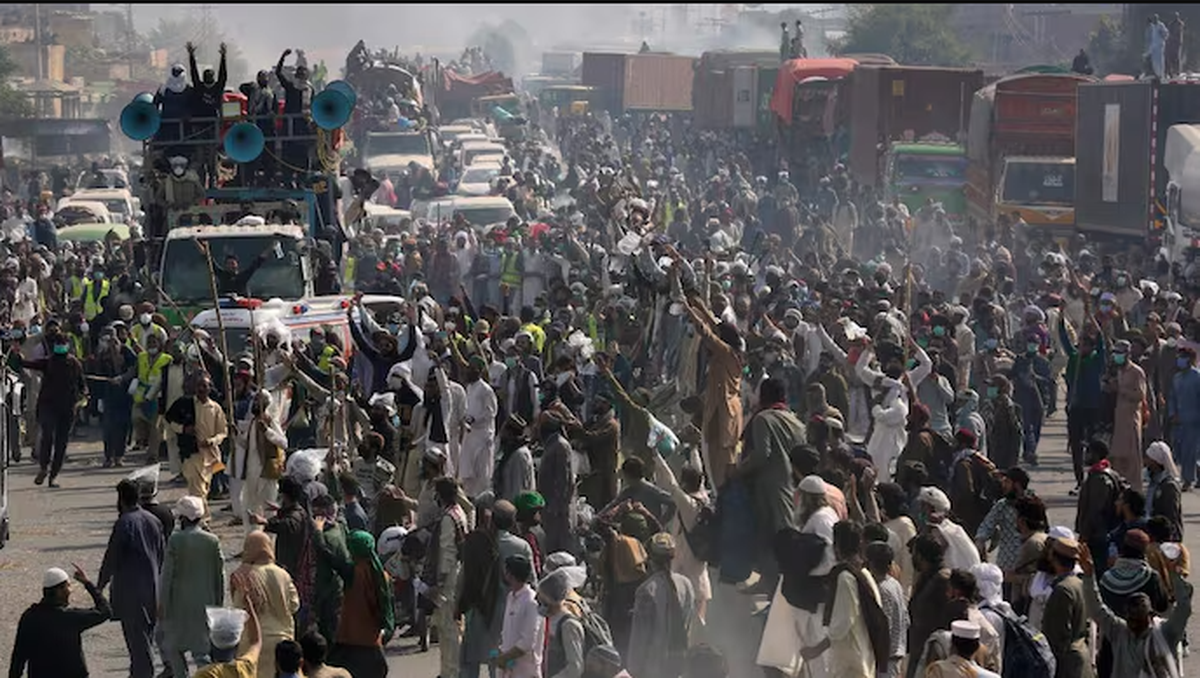
Supporters of Tehreek-e-Labbaik Pakistan, a radical Islamist party, take part in a protest march toward Islamabad, on a highway in the town of Sadhuke, in eastern Pakistan in October 2021
Tehreek-i-Labbaik Pakistan (TLP), founded in 2015, is one of the recent outfits to be banned due to its violent protests and blatant support for Mumtaz Qadri – an commando who assassinated former Punjab governor Salman Taseer. While it was initially banned in April 2021, the ban was lifted by the Imran Khan government in October 2021 after its protests ground Islamabad to a halt. The party’s popularity has diminished after its founder Khadim Rizvi died.
What will be PTI’s fate?
In the wake of backlash by several of its alliance partners, the PML-N leadership has toned out its attack on PTI. A senior PML-N leader has clarified that no final decision has been made regarding a permanent ban on PTI, reported Dawn.
“We need to consult our leadership and allies in this regard. Any decision to ban PTI will be made in accordance with the law and Constitution,” said Deputy Prime Minister Ishaq Dar. As per Pakistan Constitution’s Article 17, the final decision to ban a political party rests with the Supreme Court.
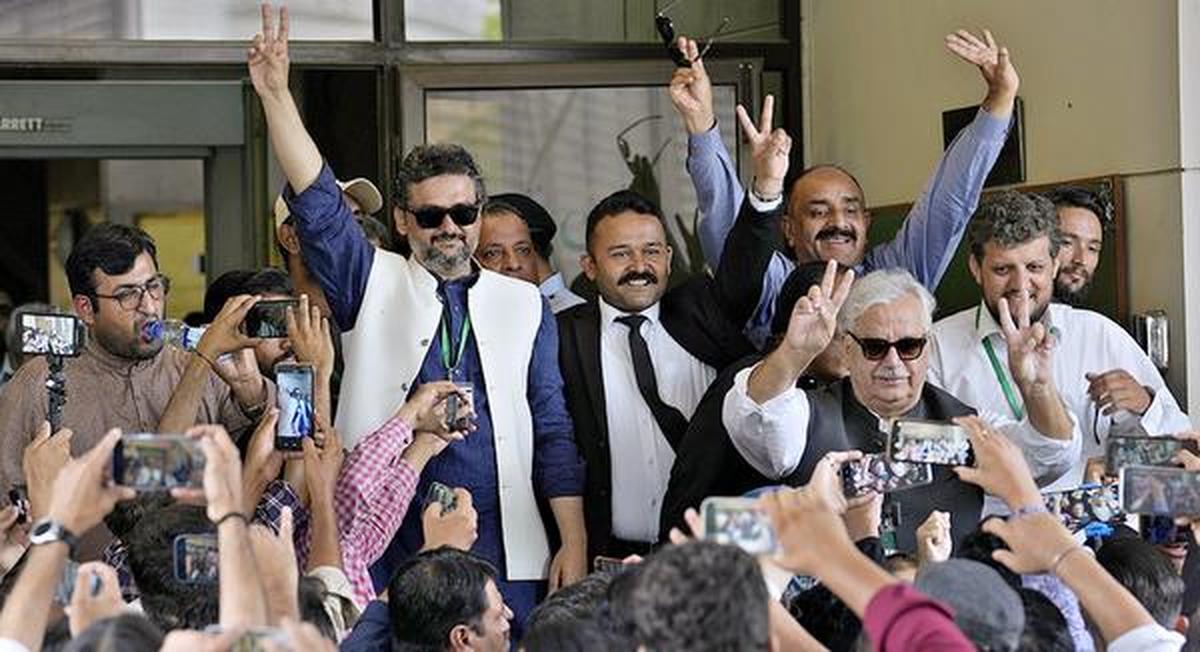
Historic victory: Supporters of Tehreek-e-Insaf party react after the Supreme Court verdict in Islamabad, Pakistan, on Friday. AP Anjum Naveed
| Photo Credit:
Anjum Naveed
“The Supreme Court is unlikely to ratify a ban on the PTI as it has already declared PTI as a political party,” says geopolitical analyst Aishwaria Sonavane. Noting the popularity Mr. Khan currently enjoys, she adds, “A ban will only foment public sympathy for Imran Khan. Also bans have proven futile in eliminating public support and will lead to further political instability”.
While Mr. Khan’s political future hangs in the balance due to his legal troubles, PTI’s future as a political force seems stronger. With the recent favourable SC rulings and Pakistan’s own historical failure to snuff out political parties completely, it seems that PTI’s vast public support will help in its continued existence as PTI or as another political party – similar to the ANP.

